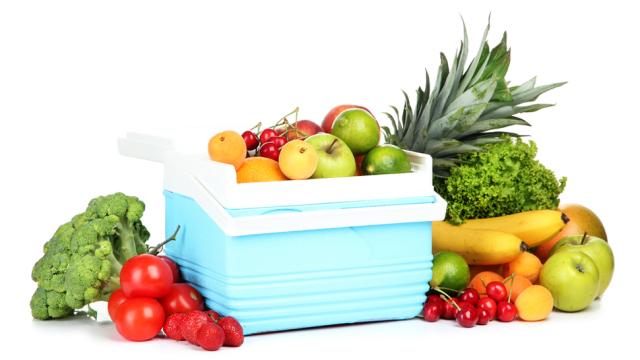You might not think that spinach knows what’s up, but the produce in your fridge is still alive and aware. Which is creepy. But kind of awesome. According to new research, fruits and vegetables still have circadian rhythms up to a week after being harvested. And they respond to light patterns by producing chemical compounds to protect themselves against herbivores.
When researchers subjected fruits and vegetables to light and dark based on when insect predators sleep and wake, the plants recognised the patterns and generated protective compounds called glucosinolates in response. And when samples of cabbage were put on the same light/dark schedule as looper moth caterpillars they were damaged the least by the predators, compared with other samples on different light cycles.
Lettuce, spinach, zucchini, sweet potatoes, carrots and blueberries all defended themselves similarly, though through different chemical mechanisms, when put on the looper moth caterpillar schedule. The research is interesting in itself, but more importantly has potential applications for reducing pesticide use in harvested crops. Though it may seem like protecting growing plants is the only goal, fruits and vegetables must also be safeguarded from pests after they are harvested. Plants’ own defenses could reduce the need for harsh pesticides in the future. That zucchini knows when you eat ice cream in the middle of the night and it’s throwing shade. [National Geographic]
Image by Africa Studio/Shutterstock
